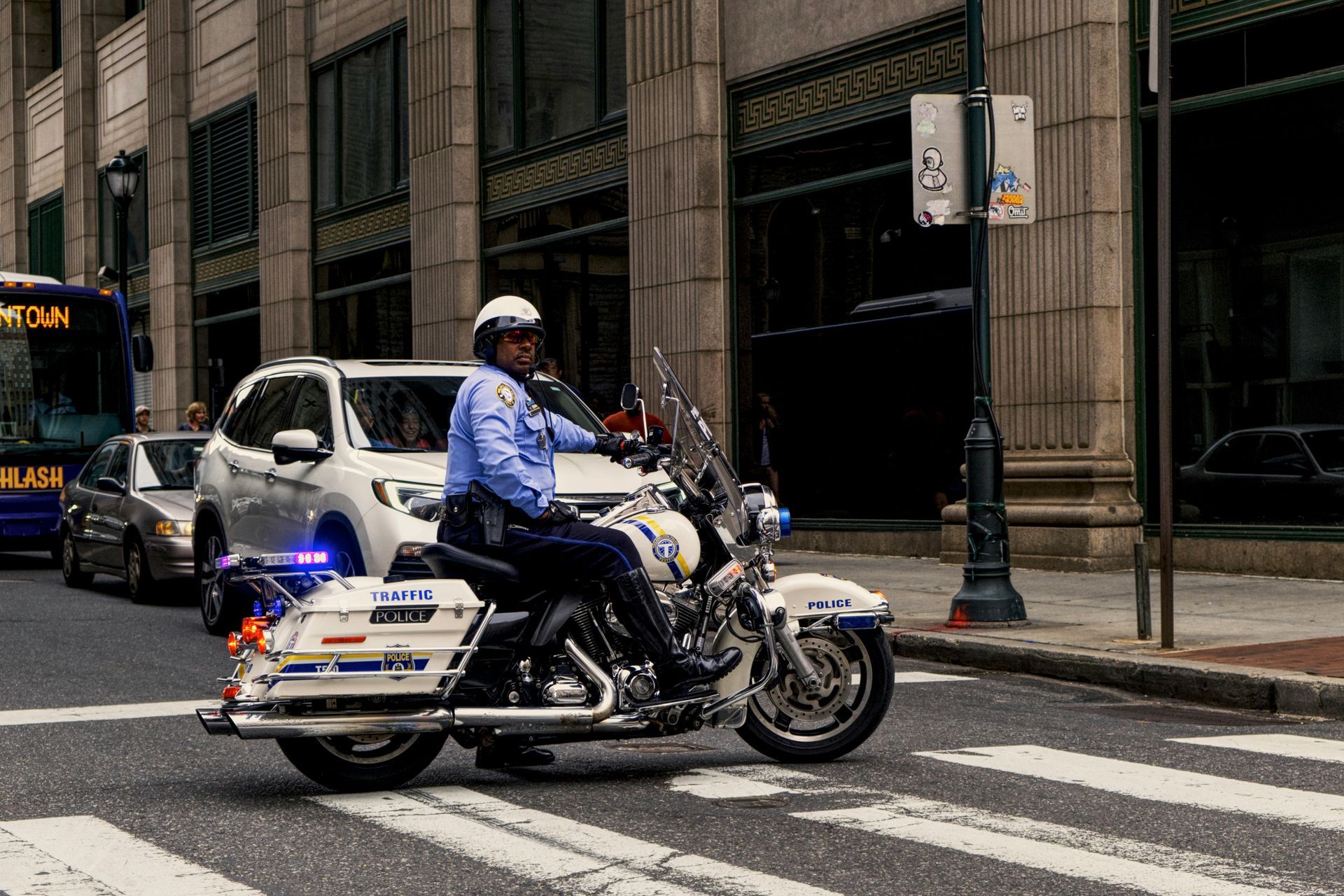What is the Difference Between DUI and DUID?
What is the Difference Between DUI and DUID?
Driving under the influence (DUI) and driving under the influence of drugs (DUID) are both serious charges in California, but they differ in significant ways. Understanding the distinction can help individuals better prepare for defense strategies and protect their rights. In this blog, we'll explore the key differences between DUI and DUID, the legal consequences, and how Thelander Law can assist you in fighting these charges.
What is DUI?
DUI refers to driving under the influence of alcohol. In California, you can be charged with DUI if your blood alcohol concentration (BAC) exceeds the legal limit of 0.08%. DUI laws focus primarily on alcohol impairment but can extend to other substances in some cases. When charged with DUI, individuals often face consequences such as license suspension, fines, and potential jail time. The legal process for DUI cases involves gathering evidence from breathalyzer tests, field sobriety tests, and officer observations.
What is DUID?
DUID stands for driving under the influence of drugs, which includes prescription drugs, over-the-counter medications, or illegal substances. Unlike DUI, which is based on alcohol, DUID focuses on impairment caused by drugs. These cases can be more complicated as they often require specialized knowledge to prove that a person's ability to drive was impaired by the substance in their system. DUID charges can result in similar penalties to DUI charges, including fines and imprisonment, but the methods for testing and proving impairment differ.
Testing for DUI and DUID
For DUI charges, breathalyzer tests and blood tests are commonly used to measure blood alcohol content. However, testing for DUID is more challenging, as there are no standard tests for all drugs. Law enforcement may use blood or urine tests to detect drugs, but interpreting these results can be complex. Additionally, field sobriety tests and officer observations can play a significant role in both DUI and DUID cases. It’s important to understand the different procedures for each and the potential for errors in testing and evidence collection.
Can You Fight DUI and DUID Charges?
Yes, both DUI and DUID charges can be contested. Thelander Law can help challenge the evidence presented in both cases. From questioning the accuracy of breathalyzer tests to challenging the validity of drug tests, our team is skilled at identifying flaws in the prosecution’s case. With experience defending clients against both DUI and DUID charges, we can help seek the best possible outcome.
Both DUI and DUID charges carry serious consequences, but they differ in terms of the substances involved and the legal processes. Whether you’re facing DUI or DUID charges, understanding the differences and having an experienced attorney can make a significant difference in your case. At Thelander Law, we provide a dedicated defense team to help you fight these charges and protect your rights. Contact us today for a consultation.











